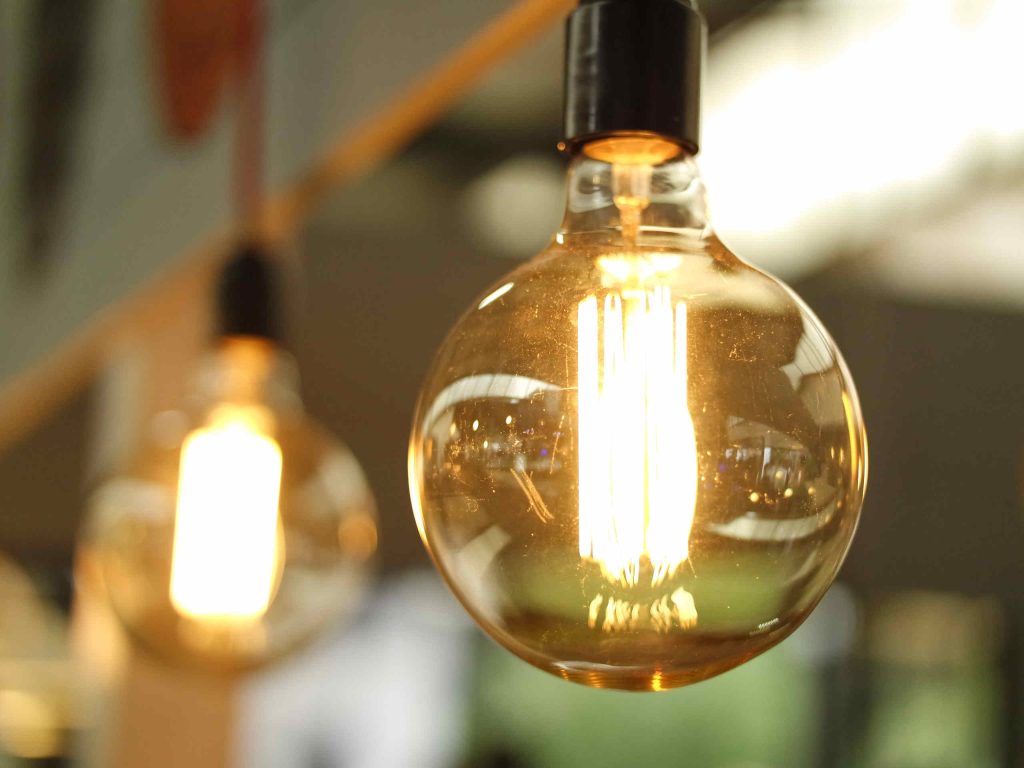
Energy costs are a major challenge for hoteliers and restaurateurs. To counteract these costs, efficient energy management is of great importance. This blog post presents practical energy-saving tips for hoteliers that can help to reduce energy consumption and save costs. In particular, we will focus on the possibilities of heat recovery and the optimal placement of air conditioning units in the rooms. Here are some examples of how hoteliers can improve their energy efficiency.
To counteract rising energy costs, efficient energy management is of great importance for hoteliers. Through heat recovery, optimal positioning of air conditioning systems, innovative shower heads and efficient lighting technology, hoteliers can reduce their energy consumption and save costs. An expert on-site analysis helps to identify individual savings potential. By implementing these energy-saving tips, hoteliers can not only reduce costs but also make a contribution to environmental protection.

From ticketing systems to cooking robotics: the restaurant industry is undergoing a digital transformation. What began as a technological gimmick is now becoming a real competitive advantage. Why digital processes bring more predictability, better guest experiences and new perspectives for employees – and where people still remain irreplaceable.
Summer tourism in Austria is experiencing an upswing – but not without challenges. Between geopolitical uncertainty, climatic changes and changing guest needs, the industry has to reinvent itself. Why “coolcation”, intentional travel and retreat offers will make the difference in the future – and how a hotel on the Arlberg is already serving as a role model.


Energy costs are a major challenge for hoteliers and restaurateurs. To counteract these costs, efficient energy management is of great importance. This blog post presents practical energy-saving tips for hoteliers that can help to reduce energy consumption and save costs. In particular, we will focus on the possibilities of heat recovery and the optimal placement of air conditioning units in the rooms. Here are some examples of how hoteliers can improve their energy efficiency.